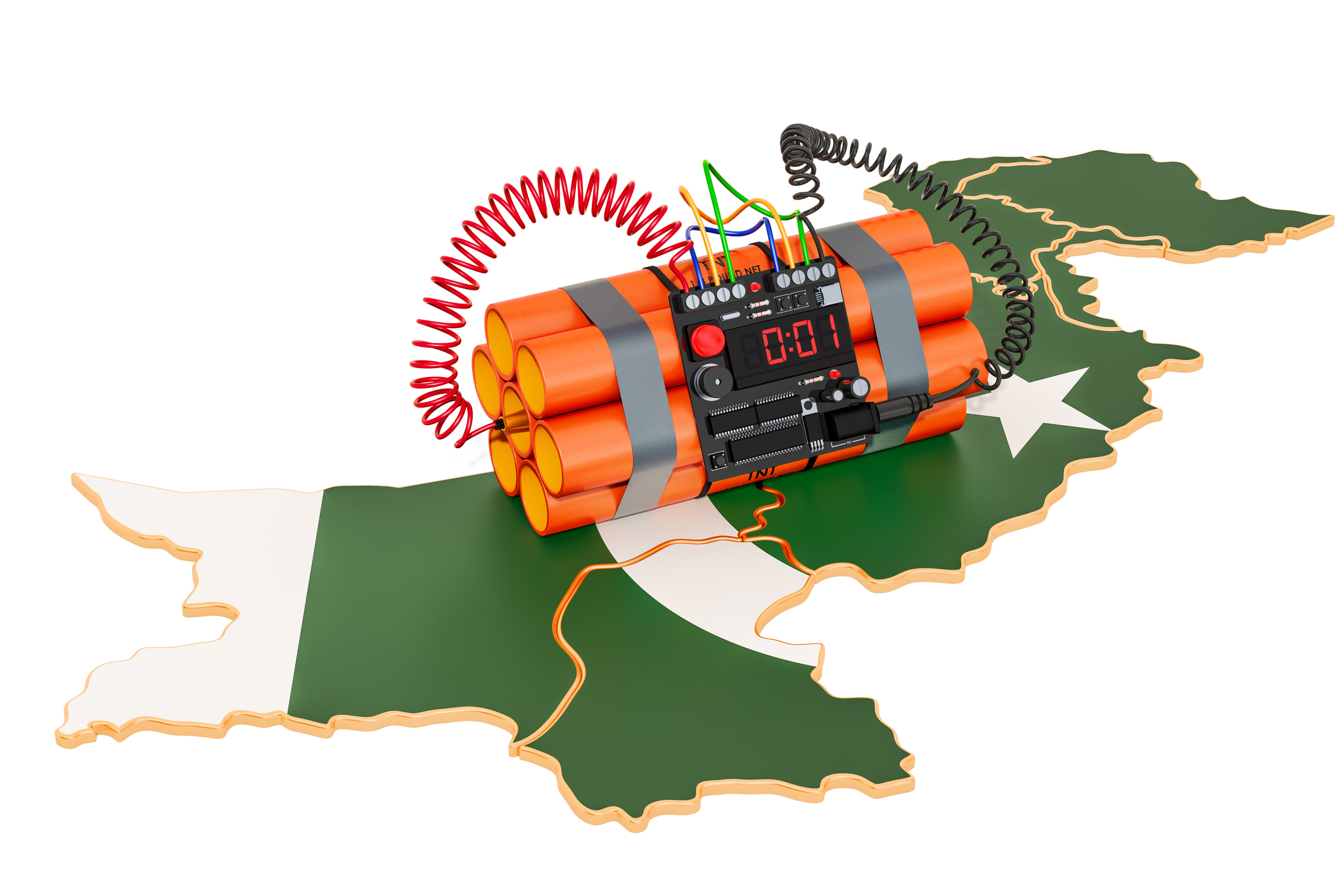
India’s persistent campaign to secure the extradition of Tahawwur Hussain Rana, an alleged accomplice in the 2008 Mumbai attacks, marks yet another chapter in its long-standing strategy of externalizing blame to Pakistan while evading scrutiny of its own transgressions. The rhetoric surrounding Rana’s case is not merely a pursuit of justice; rather, it exemplifies a pattern of politicized counterterrorism aimed at advancing a geopolitical narrative of Pakistan as a perpetual aggressor and India as an innocent victim. Yet, as international developments increasingly expose India’s covert activities abroad, this narrative is unraveling under the weight of inconvenient truths.
The Rana extradition saga reflects what political scientists call “strategic hypocrisy”—the practice of holding adversaries to normative standards that one selectively violates. India’s portrayal of itself as a frontline state against terrorism collapses when juxtaposed with its own covert sponsorship of militant proxies, targeted killings, and subversive operations beyond its borders. Nowhere is this duplicity clearer than in the case of Kulbhushan Jadhav, a serving officer of the Indian Navy and operative of the Research and Analysis Wing (RAW), arrested in Pakistan’s Balochistan province in 2016 while orchestrating sabotage activities. Jadhav’s confession—validated by consular access and international observers—demonstrates India’s direct involvement in fomenting terrorism within Pakistan, contradicting its own claims of moral high ground.
Equally troubling is India’s expanding footprint in transnational repression—the targeting of dissidents and minorities abroad. The recent indictment by the U.S. Justice Department of Indian government operative Vikash Yadav for plotting to assassinate Sikh separatist leader Gurpatwant Singh Pannun in New York (April 9, 2025) exposes India’s willingness to flout international norms to eliminate political opposition overseas.
Moreover, India’s complicity extends beyond singular operations to systematic support for insurgencies aimed at destabilizing neighboring states. Credible evidence presented by Pakistan at the United Nations and other international forums implicates India in funding and arming terrorist outfits such as Tehrik-i-Taliban Pakistan (TTP), the Balochistan Liberation Army (BLA), and other separatist factions operating from Afghan territory. The facilitation of sanctuaries, financial flows, and tactical support to these entities aligns with India’s broader coercive diplomacy strategy, wherein subversion is weaponized as an instrument of statecraft to impose strategic costs on Pakistan.
India’s selective invocation of international law and counterterrorism cooperation, while simultaneously violating the same principles, is emblematic of what scholars describe as “norm entrepreneurship for instrumental ends.” New Delhi invokes the UN Security Council’s counterterrorism resolutions to lobby for sanctions against Pakistan-based individuals while refusing transparency on its own role in cross-border terrorism. This selective normative application not only undermines the integrity of global counterterrorism regimes but also fuels regional insecurities, perpetuating an “insecurity spiral” in South Asia.
The extradition of Tahawwur Rana must thus be analyzed not as an isolated judicial matter but as part of India’s “narrative warfare” against Pakistan. By constructing a linear causality between Pakistan and every major security incident in India, New Delhi absolves itself of domestic policy failures—whether lapses in intelligence, the alienation of marginalized communities, or rising communal violence. The demonization of Pakistan becomes a convenient “othering mechanism” that consolidates domestic political consensus while deflecting accountability. This externalization strategy aligns with India’s growing authoritarian populism, where hyper-nationalist discourse substitutes substantive policy solutions.
Furthermore, India’s hegemonic ambitions in South Asia have alienated smaller neighbors, from Nepal to the Maldives. By projecting its internal insecurities outward through coercive diplomacy, blockades, and electoral interference, India has contributed to regional fragmentation rather than integration. The gap between its self-image as a benign regional leader and its actions as an interventionist power is widening—a paradox that undermines its bid for global leadership.
Against this backdrop, Pakistan’s diplomatic positioning gains salience. Despite facing unrelenting propaganda and subversion, Islamabad has consistently raised evidence-based dossiers at international forums to highlight India’s malign activities. Pakistan’s call for third-party arbitration, confidence-building measures, and multilateral counterterrorism frameworks stands in contrast to India’s unilateralist approach. Yet, for meaningful progress, the international community must move beyond rhetorical equivalence and hold India accountable for violating international law and sponsoring terrorism under state patronage.
In conclusion, the case of Tahawwur Rana epitomizes India’s broader strategy of using judicial and political instruments to sustain a narrative of Pakistani culpability, while its own covert activities remain under-reported and under-penalized. As evidence of India’s “state terrorism” mounts, the global community must reject selective morality and apply accountability standards uniformly. Failure to do so risks not only emboldening impunity but also perpetuating the cycle of conflict that undermines South Asia’s fragile stability. For sustainable peace, confronting India’s strategic hypocrisy is not just an option—it is an imperative.
